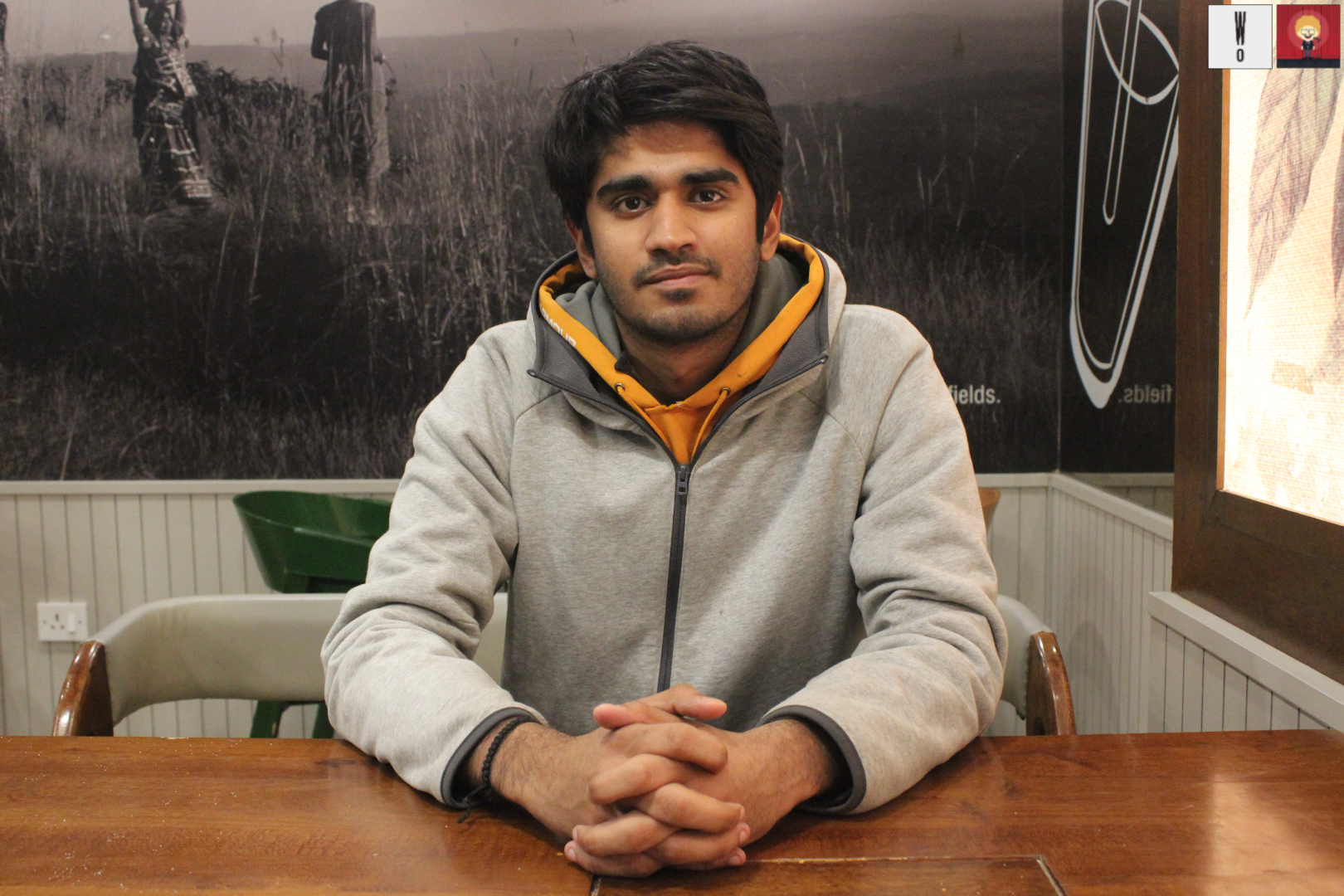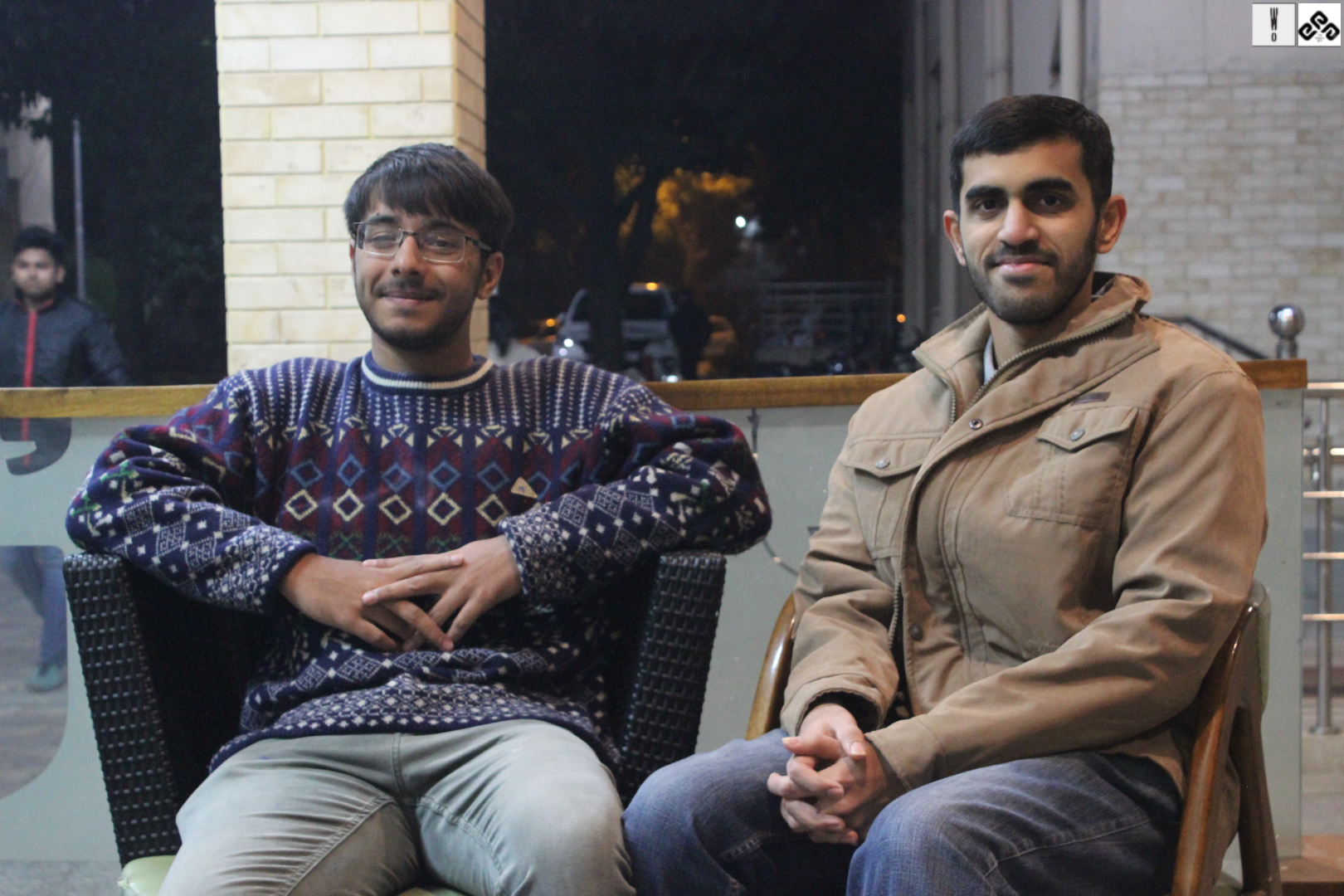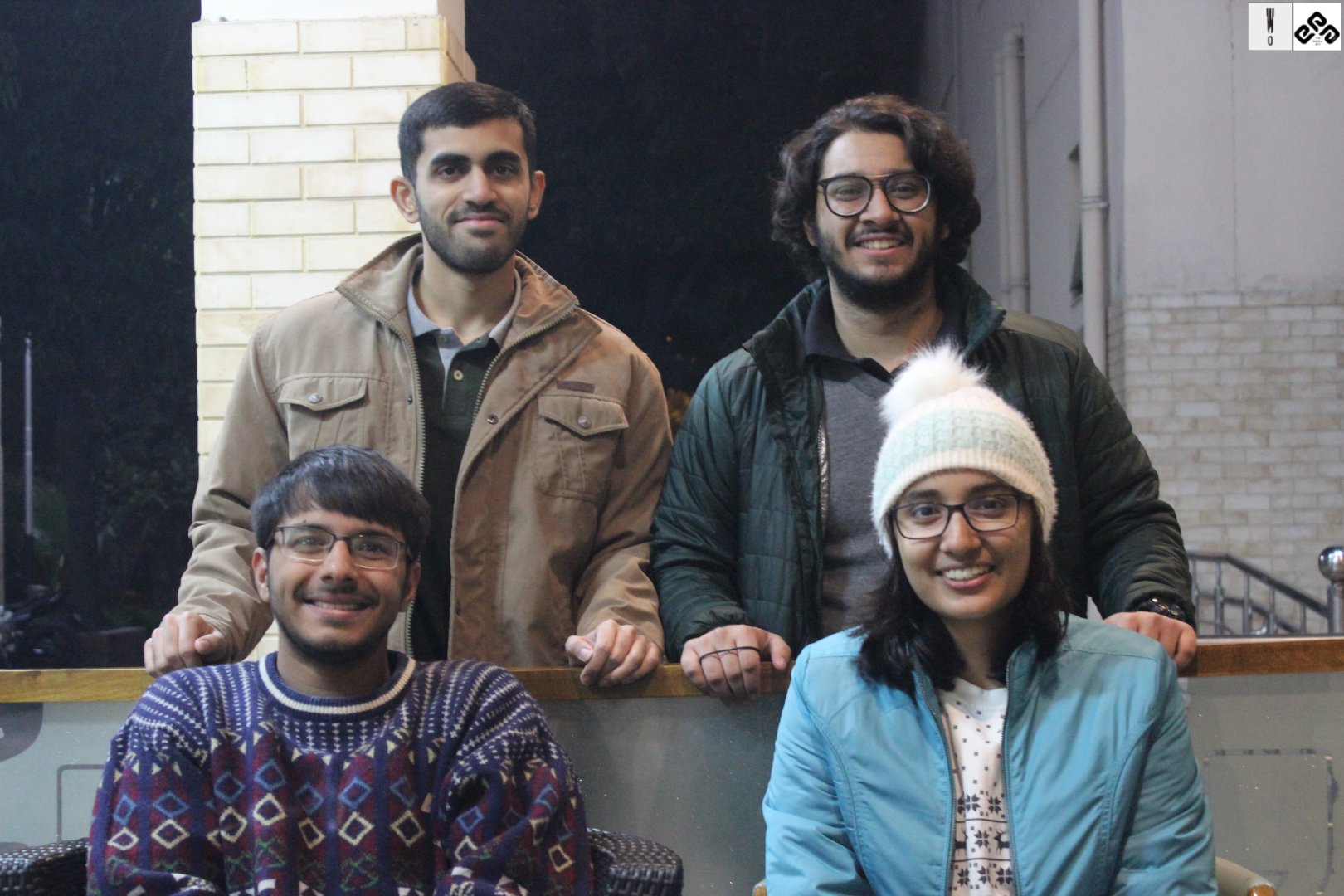

Body of IITR

With the Inter-IIT Cultural Meet being just a few days away, all cult sections are busy practising away. Watch Out dropped by each section of the Cultsoc to get a sneak peek into their practise regime and to find out their expectations from the meet.
What is the debating format in the inter IIT Cultural Meet?
The debating format followed in the Cultural Meet is Asian Parliamentary Debating with 19 teams registered. There are prizes for the top 3 teams, best speaker and best adjudicator. A debate is competitive in two ways- speaker team against another speaker team and the people who judge the debates. The speaking team also score the adjudicator (or judge) on the basis of how well they understood the debate, the arguments, pitched them against each other and consequently came up with a fair verdict. This year in inter IIT we have a 70-30 point split for the speaker team and the adjudicators.
Tell us about your practice sessions for the inter IIT meet.
The practice for inter IIT is just like we have had for other parliamentary debates conducted throughout the year. Firstly there are knowledge sessions which are organized by the members of the debating society on a variety of topics like economics, geopolitics, history, feminism etc., These topics pop up frequently in the debates so we need to have awareness and general insights about these domains. With regards to preparation, we are often up against teams studying Arts and Liberal Arts who have a more extensive knowledge base because many of the topics we discuss are a part of their curriculum, implying that we have to put in extra efforts. Hence, we try to include as much knowledge sessions as possible and in general try to accrue more and more information actuating a competent performance on these platforms. This time, we are against IIT’s so the tournament will be more equal-footed and involved. Preparation for debates is not like studying for an exam. We cannot prepare or study a week before a tournament by binging on the material. It’s the effort that you put in consistently over the course of a year which involves several things like expanding your knowledge base, learning to speak fluently and fast along with keeping your words comprehensive. Therefore, even if there is no tournament we meet at least 3-4 times a week to conduct debates which usually last for a couple of hours and during tournaments, we ramp up the frequency. We also participate in tournaments throughout the year through which we get a lot of exposure.

On the basis of your previous experience, what are your expectations from the meet?
Some of the IIT’s like IIT Delhi, IIT Bombay and IIT Kharagpur have well established Debating Societies, whereas our Society is relatively new. We expect good competition from them but we can not underestimate the newer IIT’s as well.
What were the major challenges you faced while practising and organizing the debating event?
For every debating tournament, there are a certain number of core adjudicators who are meant to be the core organizers of the tournament and they are not competing with the general adjudicators. The core adjudicators are usually people who have a lot of experience in debating and have a really good idea about how tournaments are conducted. Given that the inter IIT is scheduled in the Christmas season, a lot of people are busy with their vacations and a lot of law colleges have their exams at this time as well. As a result, inviting the core adjudicators had many hassles and we had to make a lot of extraordinary efforts.
Tell us about the fun that you have during your practice sessions?
Debating practices are a healthy mixture of fun and serious work. Working your way through an argument, trying to convince the adjudicator (who happens to be a friend), while at the same time coming up with counters to the opposing side (who are friends as well) adds a lot of adrenaline rush to these debates. No doubt, these discussions sometimes turn passionate with loud-mouthing involved (all in good humour) and both sides trying to convince each other way past the actual debate.
What were the challenges you faced in the previous editions and you are trying to overcome this time?
Last year, a major problem was that the IITR Debsoc was formed 6 months prior to the inter IIT. Due to this our core team didn’t have as many people as we would’ve liked (that’s changed now though). There were also administrative issues, but the administration has by and large been very helpful to us, in particular, our faculty advisor Dr. P K Jha.
So are you better equipped and prepared this time?
Considering the still nascent stage of our Debsoc, we have tried to prepare well. We practised throughout the semester and went to different tournaments to learn and understand what efficacious debating entails.
Any note for the incoming teams?
The main reason we participate in any tournament, especially in debating, is to learn and to be better as we have fun in engaging with a myriad of people with a vast span of ideas and debating styles. We have invited esteemed core adjudicators and tried to make this tournament a great learning experience for all the participating teams. In the end, we wish all the teams luck and hope for great debates ahead.